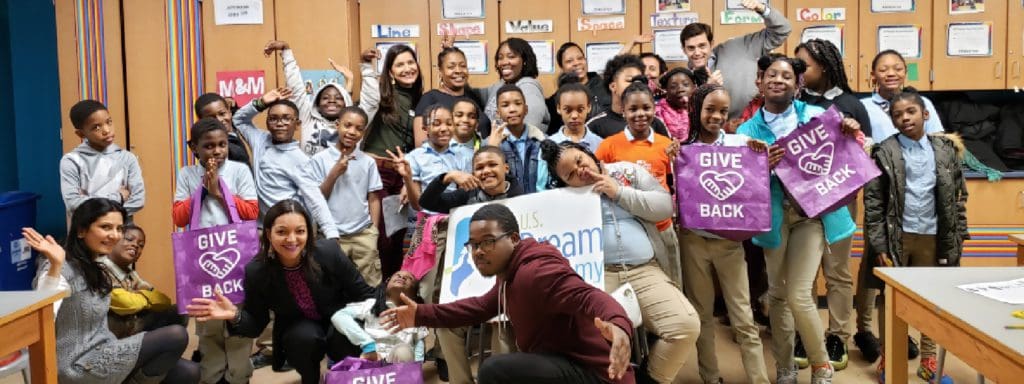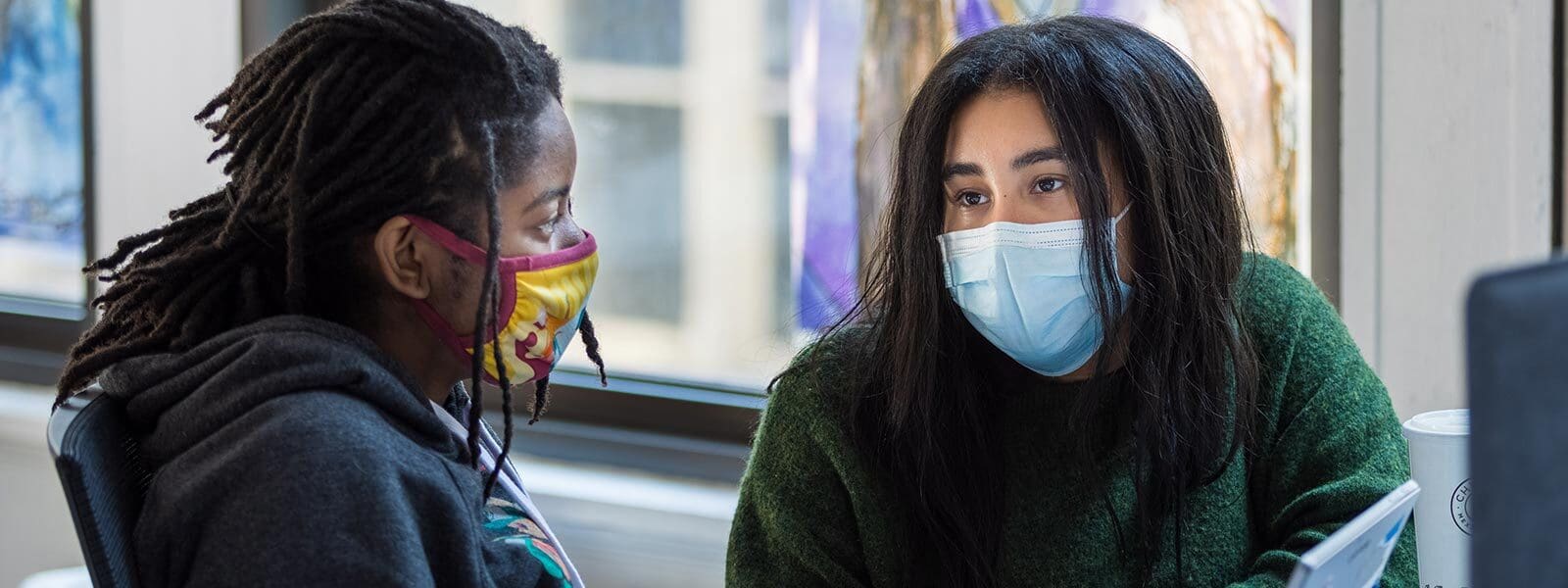IS members represent nonprofits, foundations, and corporations engaged in every kind of charitable endeavor, with missions that reflect the nearly infinite ways of working for the common good. New member U.S. Dream Academy is based in Maryland, but operates their program in seven dream cities across the country.
We talked with Diane Wallace Booker, chief strategy officer and executive vice president of the U.S. Dream Academy, about their work to bring youth development and mentoring programs to children of incarcerated parents and other young people growing up in communities adversely impacted by mass incarceration – which all too often have been poor communities of color – as criminal justice policies and practices have had an adverse and disproportionate impact on families of color over the past 30 years.
Tell us a little bit about your career path and how you arrived at your present position.
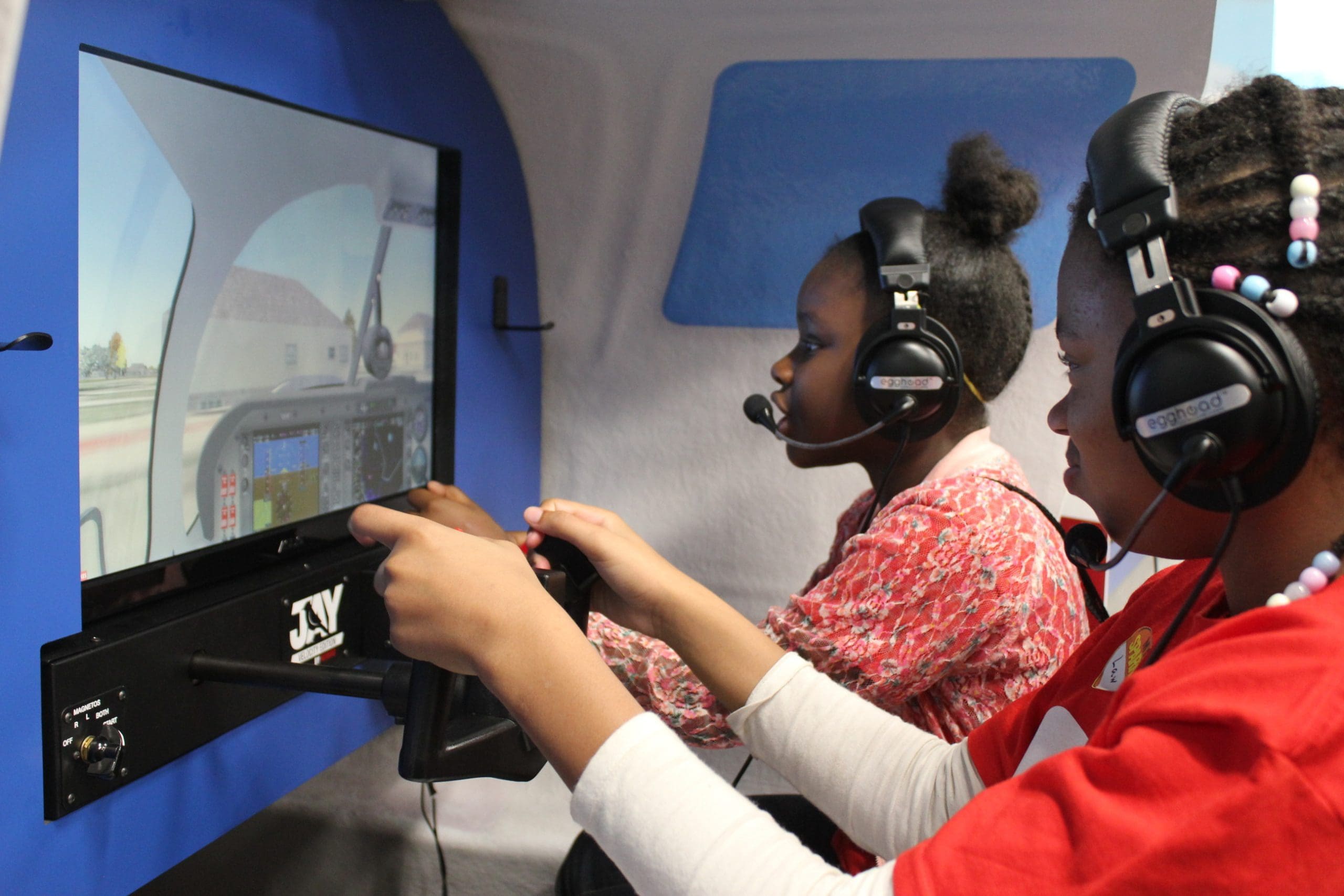 DWB: I have been with the organization since we were founded more than 21 years ago. Our founder, Dr. Wintley Phipps, shared his vision with me for helping the children of the incarcerated and I was struck by that – the overlapping of incarceration and the lives of young people was important to me and it also spoke to my core values of fairness and equality. I volunteered to help with a few things and before I knew it, it had become my full-time job. I served as the founding Executive Director for 21 years. Even after all these years, it never felt like the same job to me – expansion to new cities, new students/ parents, community leaders, engaging with corporate partners, and developing culturally appropriate content for our diverse student population and recognizing city specific cultural norms that also impact our programming makes this job feel like something new every day. I am now serving in a newly created role of Chief Strategy Officer to focus on developing transformative partnerships and ensuring our strategies are implemented across the organization effectively. The level of passion and commitment people bring to this work continues to inspire me.
DWB: I have been with the organization since we were founded more than 21 years ago. Our founder, Dr. Wintley Phipps, shared his vision with me for helping the children of the incarcerated and I was struck by that – the overlapping of incarceration and the lives of young people was important to me and it also spoke to my core values of fairness and equality. I volunteered to help with a few things and before I knew it, it had become my full-time job. I served as the founding Executive Director for 21 years. Even after all these years, it never felt like the same job to me – expansion to new cities, new students/ parents, community leaders, engaging with corporate partners, and developing culturally appropriate content for our diverse student population and recognizing city specific cultural norms that also impact our programming makes this job feel like something new every day. I am now serving in a newly created role of Chief Strategy Officer to focus on developing transformative partnerships and ensuring our strategies are implemented across the organization effectively. The level of passion and commitment people bring to this work continues to inspire me.
What does a typical day for staff at your organization look like? Was there a day you remember that was extraordinary?
DWB: At our national office, we oversee all of the fundraising, finance, and program development. We are pretty hands-on with all of our staff members in other cities, since they are connected to our organization rather than operating independently. In our office, we may do anything within a day from reaching out to major donors, to connecting with elected officials, to planning our annual gala. We are also working with staff to make sure we’re staying up-to-date with programming and continuing to build partnerships, as well as planning professional development for staff, dealing with human resources issues, and ongoing risk management. Local centers are very engaged with their communities, families, and volunteers, both planning and implementing a variety of hands-on activities for the kids in their programs.
Most special are the days when we have seen young people overcoming really challenging circumstances. I recall when one of our first students from the Baltimore program graduated from college – Virginia State University – and it was such an incredible feeling to have been a part of her journey from elementary through college graduation. Seeing the pride that her family exuded that day and her sense of accomplishment was truly rewarding.
One especially exciting day was when Oprah Winfrey donated $1 million in 2018, our 20th anniversary year. While she was not there in person, she masterfully managed to have a surprise announcement made. In 2005, Oprah was our keynote speaker at our gala and also made a surprise $1 million donation at the end of her speech! Another exciting time was when we had one of our own DreamKids, Kendall Tidwell, a high school senior, give the keynote address at our gala in 2015, and he brought the room to tears. From then on, we have selected a student each year to be our keynote speaker at our annual gala.
What are some of the challenges the U.S. Dream Academy faces and how have you responded to them?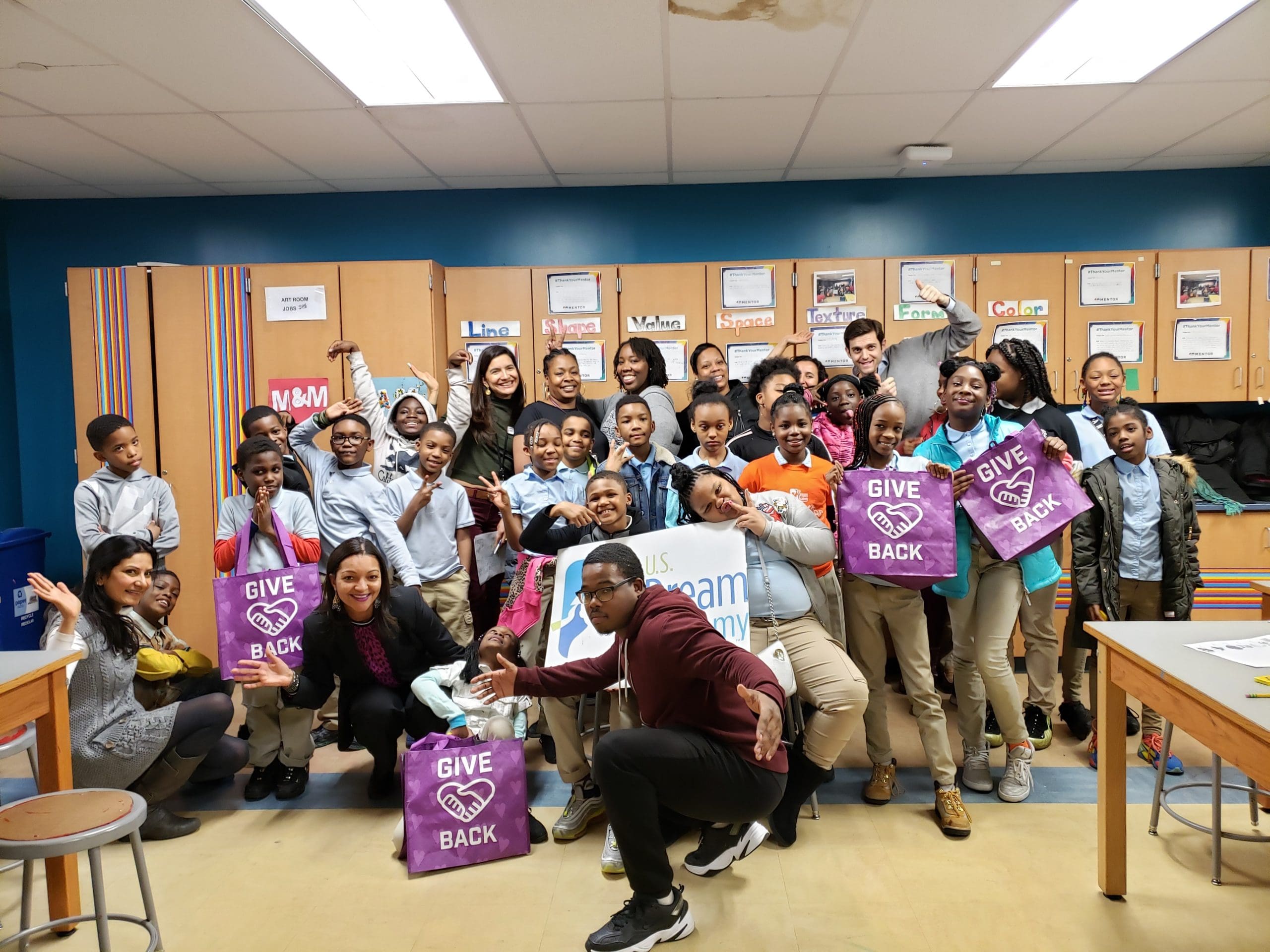
DWB: Managing a direct service program is not always easy – it relies on people and finding the right role and training and retaining staff. We see that when we go through attrition for staff is when youth tend to run into issues. Of course, we are lucky to have many staff who have been with us for 10 to 15 years, but attrition and how to alleviate it is still something we have to keep in mind.
Trying to educate funders on the importance of staffing and helping them understand that staff time is not just overhead is also important. It is through our staff that our program can change lives.
We are continuing to think about how we build leadership in our organizations and how we think about growth and sustainability.
Describe some of the programs or services your organization offers.
DWB: U.S. Dream Academy Learning Centers are located in neighborhoods where young people are growing up amidst high rates of poverty, with little access to high-quality educational opportunities and often higher than average rates of arrest in their communities. Youth in these communities are exposed to multiple risk factors including parental incarceration, exposure to violence and trauma, and often little access to health care and educational resources to support out of school time learning. Our programs offer a safe place to go every day after school, along with academic, social, and values enrichment, mentors, leadership opportunities, and a place to explore new options for their future. The program addresses all areas of our children’s lives through three pillars: character building, skill-building, and dream building. Each school year, the Dream Academy provides after-school programs and weekly mentoring to students in grades 2-12 in partnership with local public or charter schools in Baltimore, Houston, Indianapolis, Orlando, Philadelphia, Salt Lake City, and Washington, D.C.
Essentially, we may be described as an after-school program, but we are really more than that. We are doing work during the school day to support students, work with parents, and we are working with local colleges. We think a lot about social capital – we break cycles of poverty when we create and show new ways of accessing what is available. Our work addresses that more at the student-parent level and with local communities. We are now looking more at advocacy and thinking about how we want to weigh in more at the state and federal level to address inconsistencies. 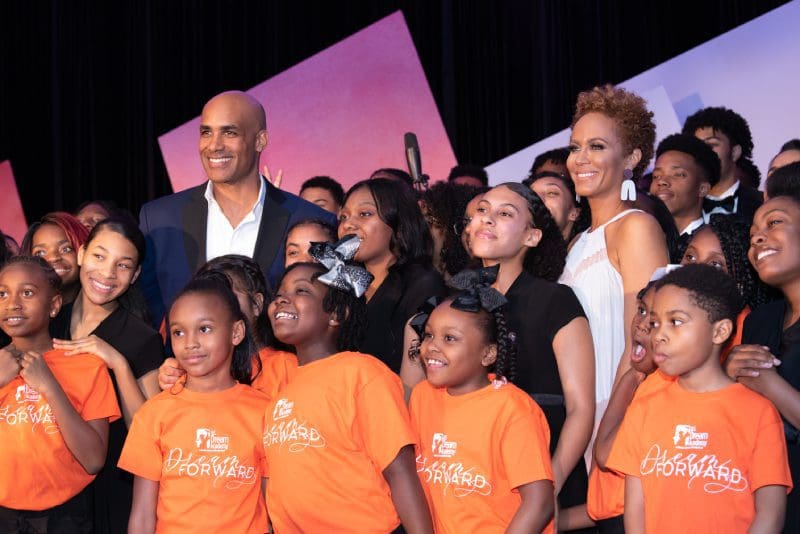
What is one of your favorite places to be in your community?
DWB: For me personally, I think of the outdoor spaces in my community where I can walk, think, and de-stress. From a more professional perspective, my favorite places would be our learning centers. That’s where interactive learning and creative programming happens.
Is there an unsung hero on your team you’d like to recognize? What makes this person special?
DWB: Chantal Palmer is one our program assistants for our Washington, DC program, and she has been working with us for over 17 years. She lives in the community and has brought so much consistency, discipline, love and care to supporting the children and families at our DC Dream Academy.
How is your organization adapting to your work during the COVID-19 crisis?
DWB: We are adjusting like so many others to remote work. Staff at our learning centers are making strategic movies to stay connected to the children and families they serve, and transitioning some programming to Zoom and other online engagement. It has been interesting to see parents and grandparents rise to the challenge of getting more used to being part of the virtual space. We are also building out our virtual strategy for going forward, keeping in mind particular concerns around access to technology and even sufficient internet access within the neighborhoods we serve. In addition, we are working to ensure that parent stress related to COVID-19, homeschooling, and perhaps even the loss of a job is appropriately managed. We know that child abuse cases are on the rise and we want to support our parents during this time as much as the young people in our program.
Learn more about the U.S. Dream Academy at www.usdreamacademy.org.
You can also find a recent joint statement here from national youth-supporting organizations, including the U.S. Dream Academy, Racial Trauma and Young People – Why We Can’t Stay Silent.
Visit Independent Sector’s members page to learn more about our members and the wide spectrum of their missions.
